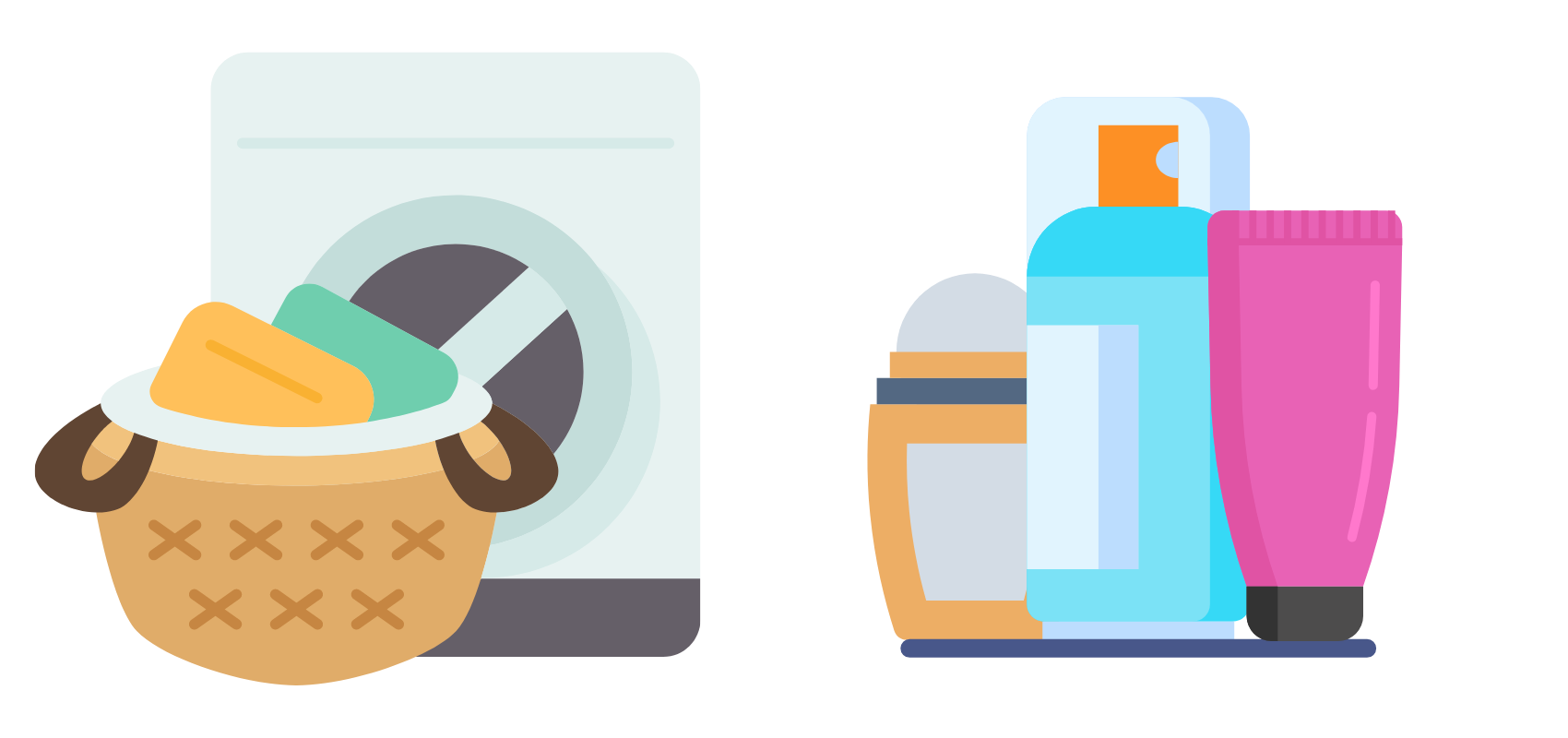Hygiene for young people and teenagers
- 11-19 Years
- SEND
- Child development and growing up

Good hygiene is important for your teenagers health and confidence. As they grow and start to go through puberty, their bodies will change. This means their hygiene routine will need to change too. As your teenager becomes more independent sometimes you may find they don't want to wash. This can be difficult to manage but there are ways to help encourage them.
Explore the topics on this page:
Hygiene and puberty
As your child gets older their body will start to go through changes known as puberty. Puberty usually occurs between the ages of 8 and 14 in girls and 9 and 14 in boys.
During puberty they develop larger sweat glands and their skin will start to make more oils. These sweat glands release sweat in response to stress, emotion, and sexual excitement. The increase in sweat can cause body odour and the increase in oils can lead to greasy hair and spots.
It’s important to encourage them to establish a routine and maintain good personal hygiene as body odour can make some young people feel anxious and self-conscious. This includes:
- washing their hands
- washing their body and face
- washing and brushing their hair
- brushing their teeth
Talk to your young person or teenager about their body and mind and how they work. Encourage them to be open and honest.
Hygiene and periods
Periods and menstruation usually start between the ages of 8 and 14 years. It’s normal for some girls to start earlier or later.
Your young person can use disposable or reusable pads, tampons, menstrual cups or period underwear. They are available from supermarkets, pharmacies and local shops.
Tips for helping with periods
- Talk to your child about periods early to help them know what to expect. Remind them that it might feel embarrassing but lots of people have periods.
- Make sure they have spare sanitary products and a change of underwear somewhere safe.
- They may want to tell a teacher they feel comfortable with at school.
- Gentle exercise can help relieve pain. A hot water bottle or hot bath may also help.
Heavy periods may be worrying for your young person or teenager but they are not necessarily a sign that anything is wrong. If they are affecting their daily life, speak to a GP.

How to help your teenager with their hygiene
- Encourage them to shower or bath at least once a day, using soap or shower gel to clean their skin. Let them know they need to wash their underarms and feet thoroughly.
- They should use plain water or an emollient to wash genitals. Using soap can be drying.
- Encourage them to use deodorant or antiperspirant under their arms.
- If they wear make-up, they should remove this before bed. They can use a cleanser to wash their face in the morning and evening.
- Encourage them to brush their teeth twice a day and floss regularly.
- Ensure they have access to products they need. For example, washing equipment, menstrual products, deodorant, shaving kit or skin care.
- Encourage them to keep their bedroom clean and tidy.
- Help them to wash their clothes and bedding regularly.
Need help paying for hygiene products?
If you are finding it difficult to pay for washing equipment, menstrual products, deodorant, shaving kit or skin care items you can seek help through The Hygiene Bank.
Or you can check whether you are entitled to financial help.
Personal hygiene is often a sensitive subject. Approach conversations gently and kindly. Allow them space to be alone and be respectful of their right to privacy.
Children aged 11 to 19 can text ChatHealth for confidential advice. To speak to a school nurse and start a conversation, they can text:
-
- 07507 331450 if they live in Bedfordshire
- 07520 616070 if they live in Luton
Need more specific support for your child?
If your child needs more help or has additional needs, you can visit our specific section for extra support.
Last reviewed: 1 November, 2024
